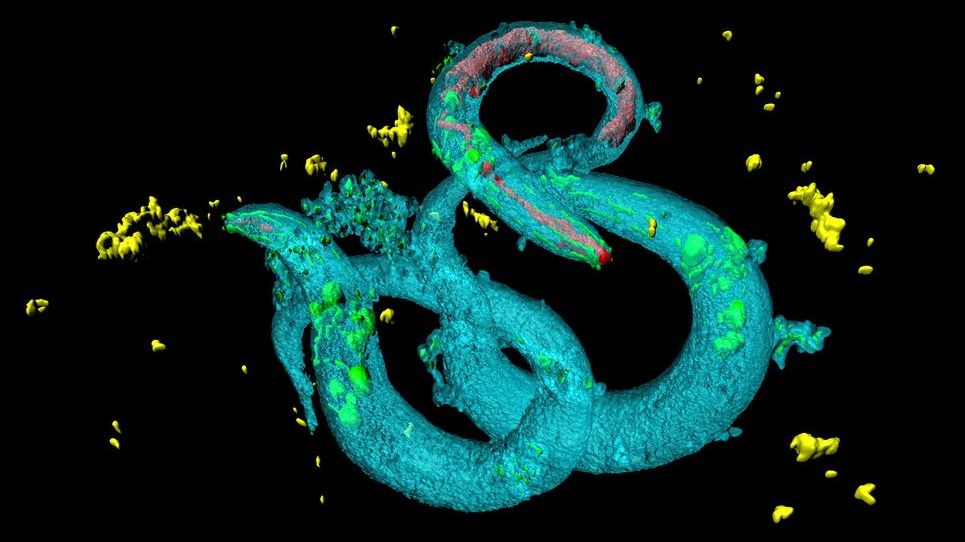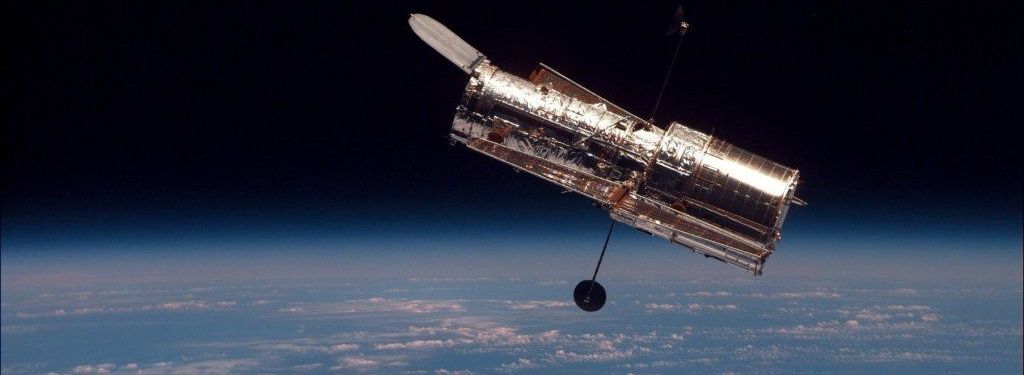This video is the third in a multi-part series discussing computing. In this video, we’ll be discussing classical computing, more specifically – how the CPU operates and CPU parallelism.
[0:27–4:57] Starting off we’ll look at, how the CPU operates, more specifically — the basic design of a CPU, how it communicates with memory, the stages it executes instructions in as well as pipelining and superscalar design.
[4:57–8:00] Following that we’ll discuss, computing parallelism, elaborating on the hardware parallelism previously discussed as well as discussing software parallelism through the use of multithreading.
A more detailed look at the CPU:







